What is
consumer law?

You have legal rights for everyday issues like debts, buying goods and services, tenancy issues, employment, superannuation and more. These legal rights fall under the civil law system. The civil law system is different from the criminal and family law system.
A criminal case happens when the police (on behalf of the state) charge you with a criminal offence. If found guilty by the court, the court gives you a penalty such as a fine, community corrections order or prison.
The civil law system, including consumer protection laws, involves disputes between individuals or businesses. An example of this is when there is an issue between you and a business that sold you something or lent you money.
The court can’t order a fine or other penalty against you when you raise a complaint under consumer law against a business.
What is consumer law?
You have legal rights for everyday issues like debts, buying goods and services, tenancy issues, employment, superannuation and more. These legal rights fall under the civil law system. The civil law system is different from the criminal and family law system.
A criminal case happens when the police (on behalf of the state) charge you with a criminal offence. If found guilty by the court, the court gives you a penalty such as a fine, community corrections order or prison.
The civil law system, including consumer protection laws, involves disputes between individuals or businesses. An example of this is when there is an issue between you and a business that sold you something or lent you money.
The court can’t order a fine or other penalty against you when you raise a complaint under consumer law against a business.

What protections do I have?
Consumer protection laws protect you when you buy goods and services or sign up to loans.
Consumer Action uses consumer protection laws to help you when you have a problem with:
What protections do I have?
Consumer protection laws protect you when you buy goods and services or sign up to loans.
Consumer Action uses consumer protection laws to help you when you have a problem with:
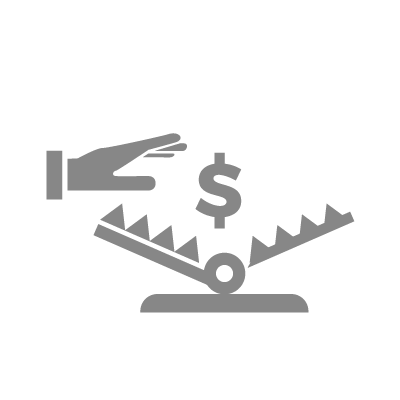
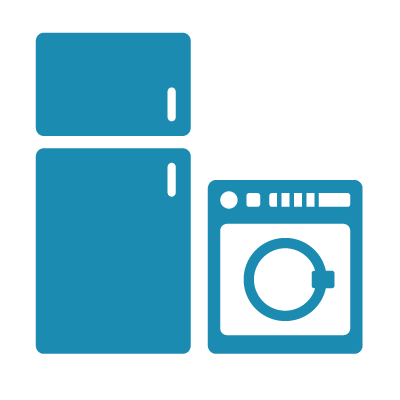
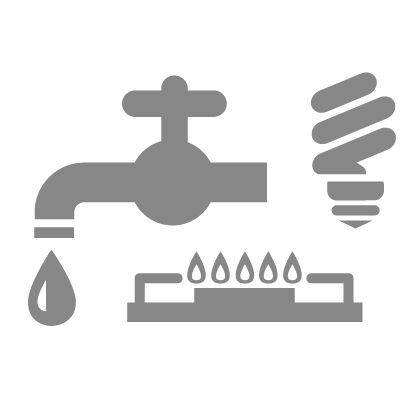
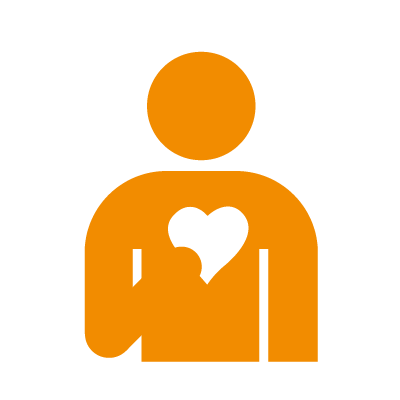
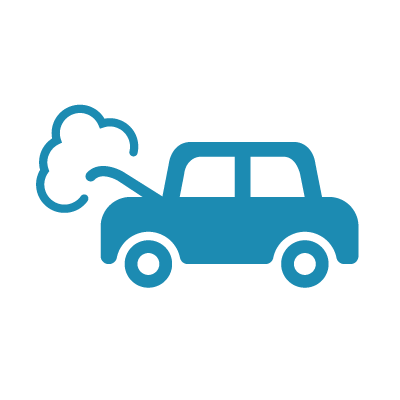
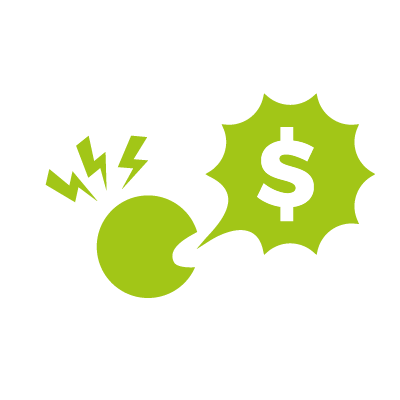
payday loans and fast cash
renting household items (Rent-to-buy)
your gas, water and electricity
funeral products
a car you have bought
debt collectors
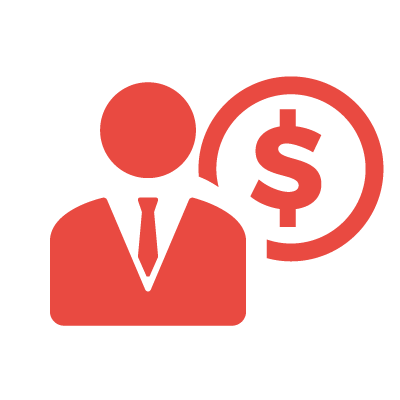

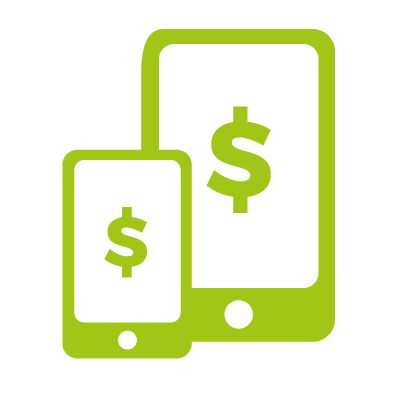

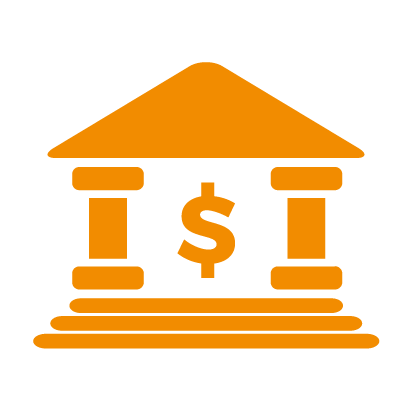
debt consolidation or debt management
borrowed money (loans and credit)
phone and internet contracts
faulty goods and services
a bank
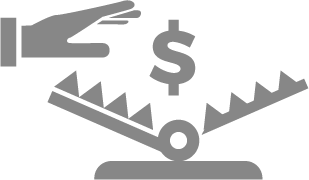
payday loans and fast cash

renting household items (Rent-to-buy)
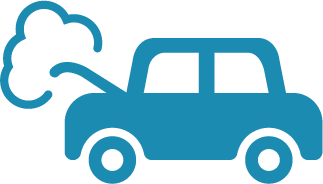
a car you have bought

funeral products
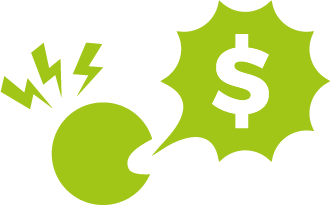
debt collectors

your gas, water and electricity

debt consolidation or debt management

borrowed money (loans and credit)

phone and internet contracts

faulty goods and services

a bank
What does this mean for me?
- when you buy something for your personal use such as a car, it shouldn’t be faulty or different from
- what you were told it would be
- when you borrow money, the lender must find out whether or not you can afford the loan and make sure it meets your needs
- businesses are not allowed to tell you something that is false or untrue or place unfair pressure on you to enter into a contract with them
- businesses who sell things door to door or over the phone have to follow strict rules to ensure you have all the information you need and do not feel pressured to enter into the contract

What does this mean for me?
- when you buy something for your personal use such as a car, it shouldn’t be faulty or different from
- what you were told it would be
- when you borrow money, the lender must find out whether or not you can afford the loan and make sure it meets your needs
- businesses are not allowed to tell you something that is false or untrue or place unfair pressure on you to enter into a contract with them
- businesses who sell things door to door or over the phone have to follow strict rules to ensure you have all the information you need and do not feel pressured to enter into the contract

If the businesses break these laws, depending on the circumstances, they can be made to:
- replace the faulty product
- refund you money
- release you from having to pay any more money to them
- pay you compensation

When do I need
a lawyer?
Consumer Action recommends you get help as soon as the issue comes up.
If a consumer, credit and debt issue is not sorted early it can become much harder to fix down the track.
What can financial counselling do for me?
Financial counsellors provide free,independent and confidential services to assess your financial situation and provide you with advice and assistance.
When you are
struggling
with money
It can feel scary and overwhelming when you are struggling to stay on top of your bills and debts. Money problems can happen to anyone and lots of people fall into financial difficulty for all kinds of reasons.
When you are
struggling
with money
It can feel scary and overwhelming when you are struggling to stay on top of your bills and debts. Money problems can happen to anyone and lots of people fall into financial difficulty for all kinds of reasons.
There are some simple steps you can take to help manage your debts.
1. Put a plan in place
Let the companies know you are having difficulty paying your debts and talk to them about payment plans that are affordable for you. There is no shame in this because lots of people have money troubles.
Energy, phone and internet companies, banks and other lenders must consider affordable payment plans (financial hardship) and many of these companies have ‘financial hardship teams’.
There are some simple steps you can take to help manage your debts.
1. Put a plan in place
Let the companies know you are having difficulty paying your debts and talk to them about payment plans that are affordable for you. There is no shame in this because lots of people have money troubles.
Energy, phone and internet companies, banks and other lenders must consider affordable payment plans (financial hardship) and many of these companies have ‘financial hardship teams’.
2. Prioritising your debts
The consequences of not paying some debts are more serious than others.
Work out which are your priority debts and always pay those first.
The highest priority debts are:
- rent or mortgage payments (so you have somewhere to live)
- council rates or body corporate fees
- car payments for a car that is essential for work, kids, getting essential goods or going to medical appointments
- essential services like gas, electricity and water
Some debts can become a higher priority if the creditor has:
- started legal action against you
- the creditor has a court judgment and is trying to enforce the debt
- a bankruptcy notice or creditor’s petition has been served on you
3. Sometimes Bankruptcy is an option
Bankruptcy is the formal process of declaring yourself (or being declared by a court) unable to pay your debts and getting most of your debts wiped permanently.
Bankruptcy can be a huge relief for some people and in some situations it is definitely the best option. However, not all debts are wiped in bankruptcy and there can be serious consequences for some people when they bankrupt (especially if they own a house).

3. Sometimes Bankruptcy is an option
Bankruptcy is the formal process of declaring yourself (or being declared by a court) unable to pay your debts and getting most of your debts wiped permanently.
Bankruptcy can be a huge relief for some people and in some situations it is definitely the best option. However, not all debts are wiped in bankruptcy and there can be serious consequences for some people when they bankrupt (especially if they own a house).



